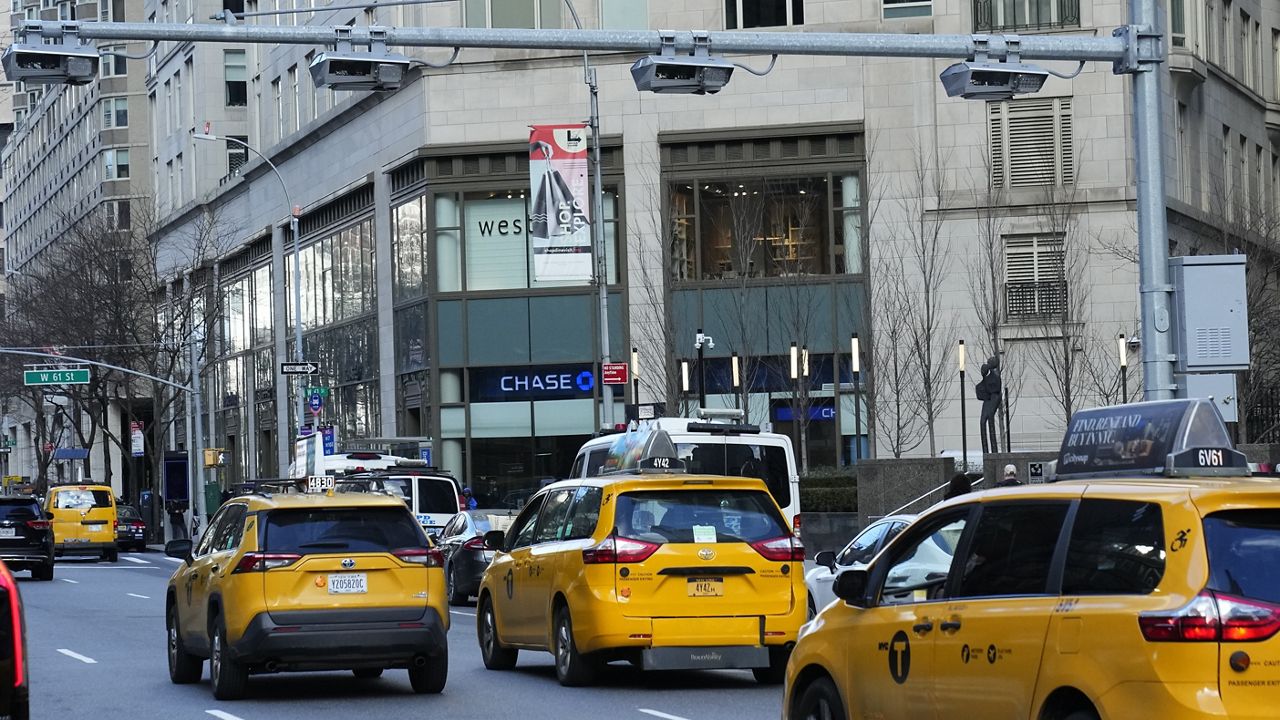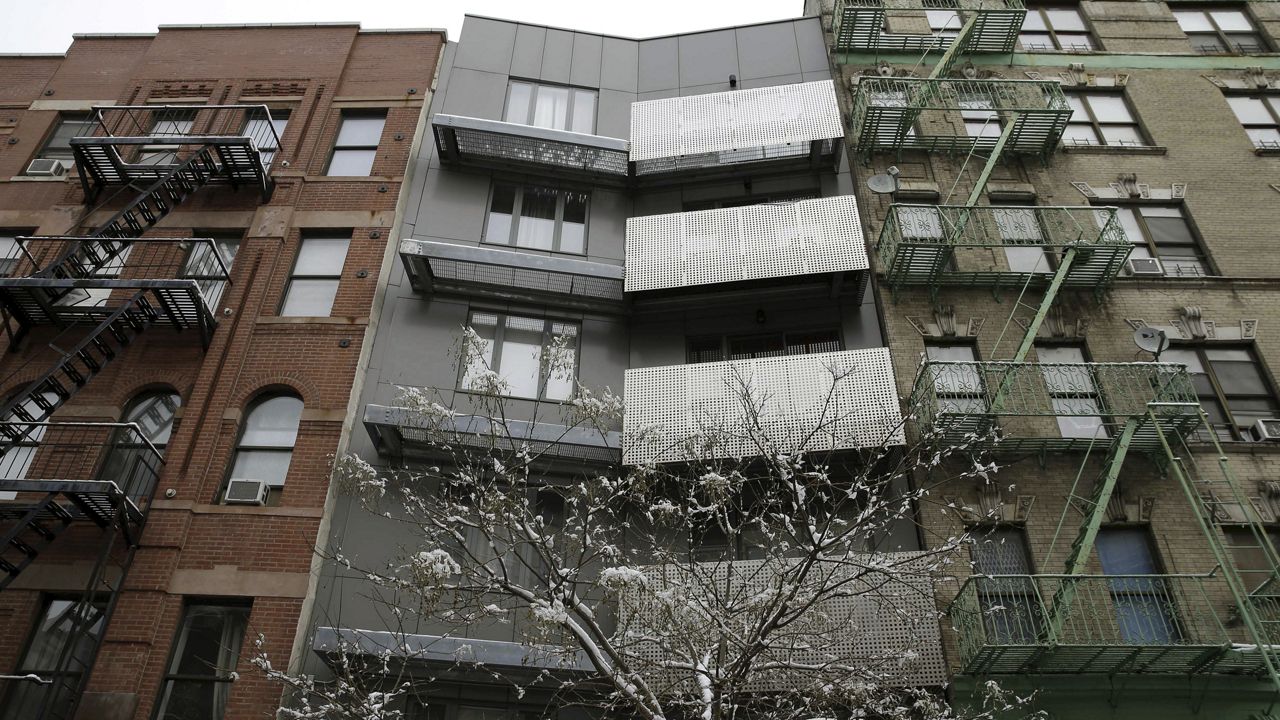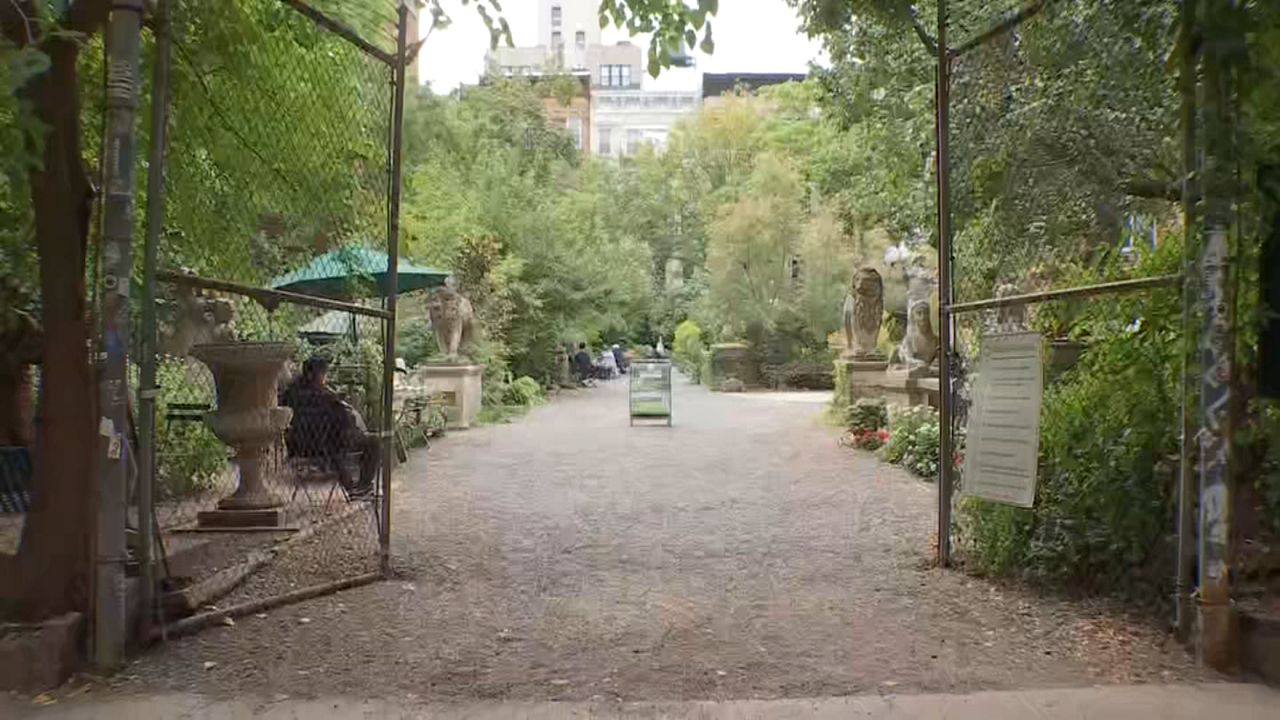Some New Yorkers are bracing for a rent increase. The Rent Guidelines Board is set to take a final vote Monday night to approve increases for rent-stabilized apartments.
“Every time you increase rents, you force families to make tough decisions. They have to cut here, they have to cut there,” Benjamin Shapiro, who lives at StuyTown, said.
What You Need To Know
- The Rent Guidelines Board is set to take a final vote Monday night to approve increases for rent-stabilized apartments
- The RGB is considering a rent increase of 2% to 4.5% for one-year leases. For two-year leases, it would be an increase of 4% to 6.5%
- New York renters say they're concerned about the rent hike amid an affordability and housing crisis
- Meanwhile, landlords and their advocates say the rent increases are necessary to help maintain their buildings and to keep up with rising expenses, including utilities and insurance
StuyTown has around 11,000 rent-stabilized units.
“I’m 75, I’m on a fixed income, and so that’s a big concern,” Faith McInerney, who lives in a building nearby, said.
McInerney resides in one of the two rent-stabilized apartments left in her building. She’s against any sort of rent increase.
“I think everyone right now is struggling when it comes to their wallets. It’s been pretty rough as far as the economy goes,” Jacky Levi said.
Levi has been living in his rent-stabilized apartment in the neighborhood for about three years now.
The RGB is considering is considering a rent increase of 2% to 4.5% for one-year leases. For two-year leases, it would be an increase of 4% to 6.5%.
The board held its final public meeting on these proposed increases last Tuesday. The meeting got heated, as they often do. Some were shouting during it, others were chanting on their way out before rallying outside.
Tenants say they can’t afford another rent hike, especially amid the city’s housing shortage.
“I can’t afford to move, it’s an apartment that’s centrally located by all the hospitals and doctors, it’s a big consideration and I do feel lucky,” McInerney, who’s been living in her rent-stabilized unit since 1983, said.
The move by the RGB would impact about 1 million rent-stabilized apartments in the city. The median asking rent in New York City rose to $3,700 in April — the highest since September 2023, according to StreetEasy, an online real estate platform.
Affordability is another concern for some tenants.
“An increase in the pricing, it’s going to hurt a lot of people, it’s going to affect their abilities to stay here, make a livelihood, maybe they’ll have to move out of the city,” Levi said.
Meanwhile, landlords and their advocates say the rent increases are necessary to help maintain their buildings and to keep up with rising expenses, including utilities and insurance.
“That’s what property owners are seeing right now with inflationary costs through the roof, the likes of which we’ve never seen, and controlling those with a regulated rent is something that RGB has to kind of factor in here, obviously with the concern of renter payments. So we have to find a middle ground and work on lowering those costs, at the same time we’re working to pay the costs,” Jay Martin, executive director of CHIP, a group representing landlords of rent-stabilized units, said.
Some renters said, while they can empathize with landlords going through a tough time, they worry about striking the right balance.
“Business is business and they have their margins to make, so I get that, but like I said, I’m not sure. Do they need it to make the bottom line [or] do they need it just to increase profit?” Shapiro said.
After Monday’s final vote, tenants who sign a lease on or after Oct. 1 could see a rent increase.






_DNT_Homeless_Sweep_Bill_Data_CLEAN)


